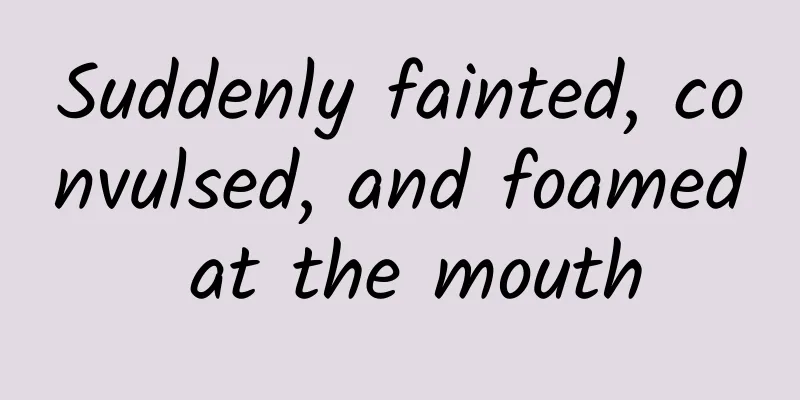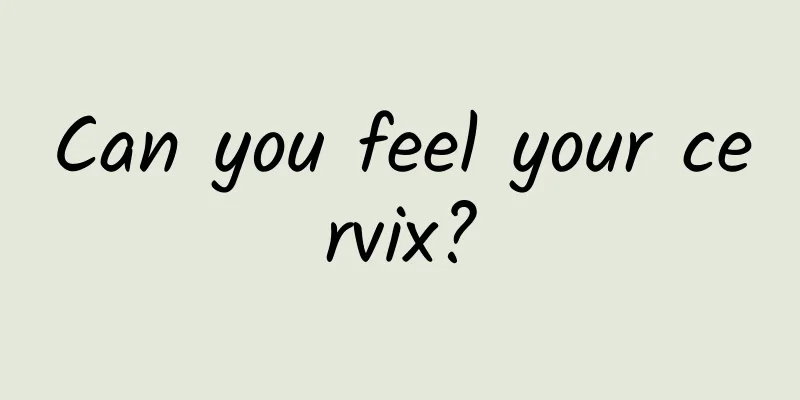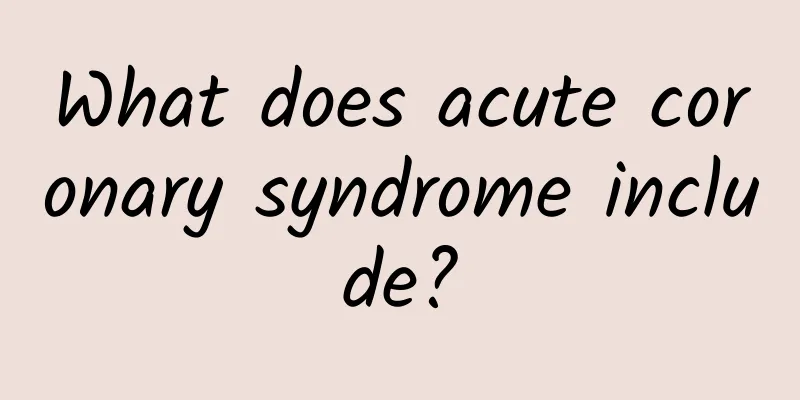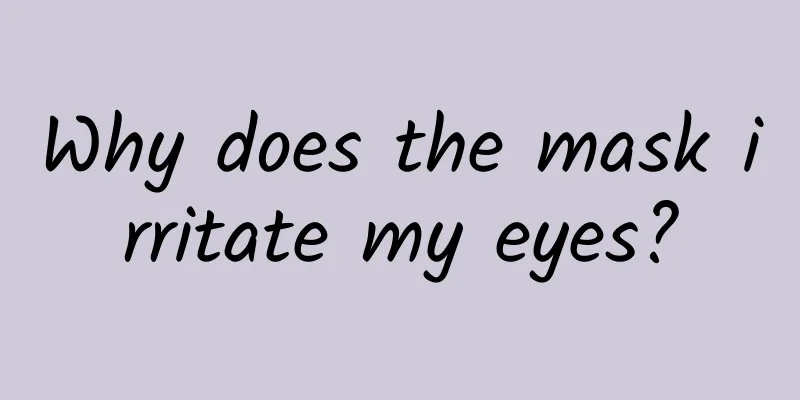Suddenly fainted, convulsed, and foamed at the mouth

|
In real life, I believe many people have seen someone suddenly faint, convulse, and foam at the mouth. There are many reasons for this condition, the most common of which is epilepsy. In addition to epilepsy, hypoglycemia and hysteria are also major causes. Of course, no matter what disease causes this symptom, the patient must go to the hospital for treatment in time to control the disease and recover as soon as possible! Causes of sudden fainting, convulsions and foaming at the mouth Possible diseases that may cause this symptom include epilepsy, hypoglycemia, hysteria, and others. It is recommended to go to a local hospital to see a neurologist to identify the true cause for treatment. No matter what the disease is, early detection and early treatment can effectively control the development of the disease.
epilepsy Epilepsy is a chronic, recurring syndrome of transient brain dysfunction. It is characterized by recurrent epileptic seizures caused by abnormal discharges of brain neurons. Epilepsy is one of the common diseases of the nervous system, and its prevalence is second only to stroke. The incidence of epilepsy is related to age. It is generally believed that the incidence rate is highest within 1 year old, followed by a gradual decrease after 1 to 10 years old. The male-to-female ratio in my country is 1.15:1 to 1.7:1. There was no significant difference in prevalence by race. Hypoglycemia Hypoglycemia refers to a blood glucose concentration below 2.77mmol/l (50mg/dl) and is a common complication of diabetic patients treated with oral hypoglycemic drugs or insulin. The early symptoms of hypoglycemia are mainly autonomic nervous system, especially sympathetic nervous system excitement, which manifests as palpitations, fatigue, sweating, hunger, pale complexion, tremor, nausea and vomiting. More serious hypoglycemia often has manifestations of central nervous system sugar deficiency, such as confusion, mental disorder, limb paralysis, incontinence, drowsiness, coma, etc. Hysteria
Hysteria (dissociative conversion disorder) is a mental disorder caused by psychiatric factors, such as life events, inner conflicts, suggestion or self-suggestion, acting on susceptible individuals. The main manifestations of hysteria are dissociative symptoms and conversion symptoms. The symptoms of hysteria are functional, so psychotherapy plays an important role. The prognosis of this disease is generally good, and 60%-80% of patients can recover on their own within one year. |
Recommend
What happens to people with chronic insomnia?
Long-term insomnia is very harmful to physical he...
What are the effects of drinking Cistanche deserticola in water?
Nowadays, more and more people pay attention to h...
What are the Chinese herbal medicines for lowering blood pressure and blood lipids?
The harm of high blood pressure and high blood li...
Can people with cerebral infarction eat Panax notoginseng?
Panax notoginseng is a widely used Chinese medici...
What to do if there are white spots and fat particles on the scrotum
For men, if white fat particles are found in the ...
Knee periosteum injury
Everyone knows that the knee joint is one of the m...
High triglycerides
With the rapid development of modernization, peop...
What foods can you eat while taking Chinese medicine?
What can you eat with Chinese medicine? We all kn...
Can pig gallbladder cure liver disease?
Pig gallbladder is the gallbladder of a pig and i...
Can Traditional Chinese Medicine Cure Heart Disease?
Patients with heart disease must actively coopera...
What to do if tooth decay hurts
Tooth decay is what we usually call tooth decay, ...
What are the reasons for not ovulating during the ovulation period?
When young couples calculate the ovulation period...
How is genital herpes transmitted?
I believe everyone thinks that the occurrence of ...
Bleeding in stool during late pregnancy
For pregnant women, various problems will arise d...
Blisters at the base of the penis
If men do not pay much attention to cleaning thei...









